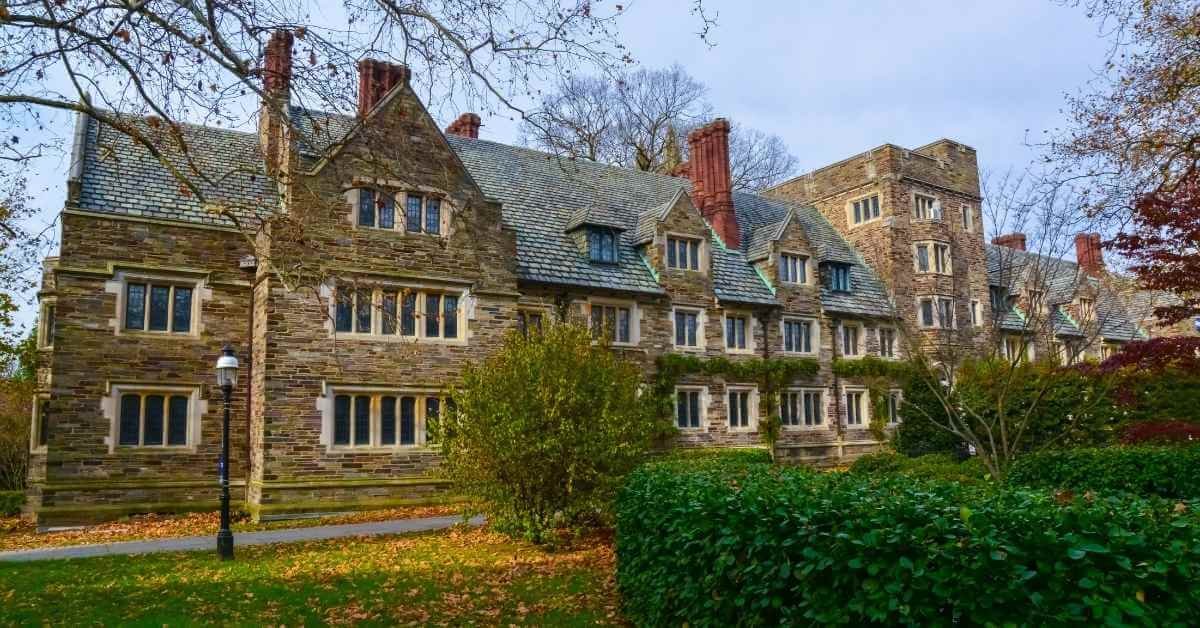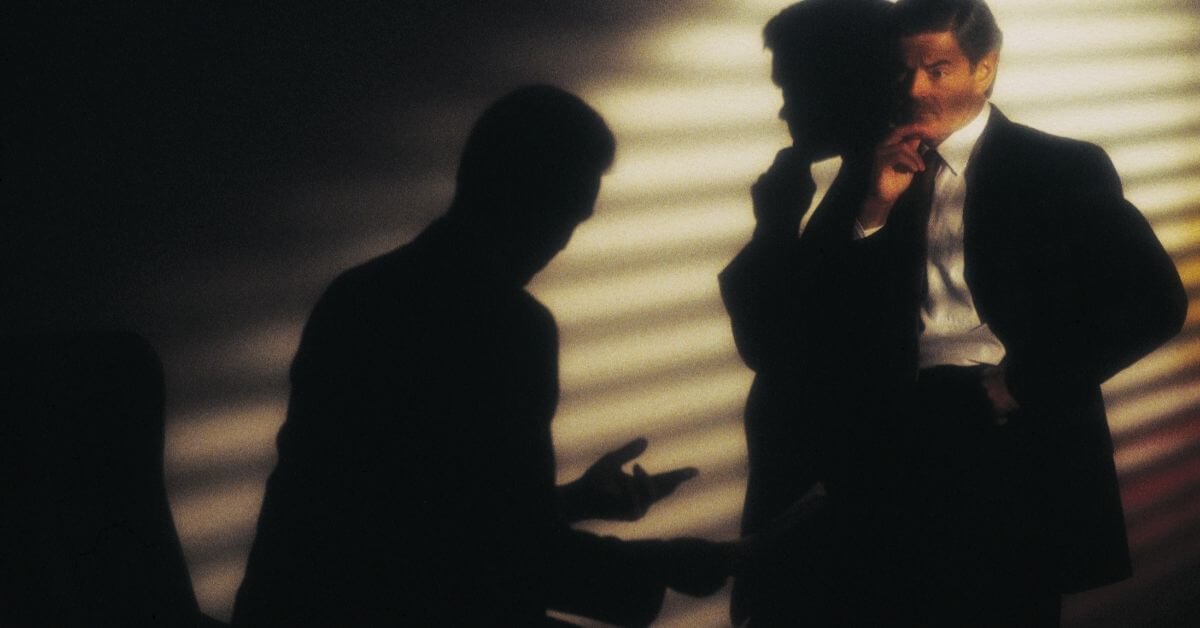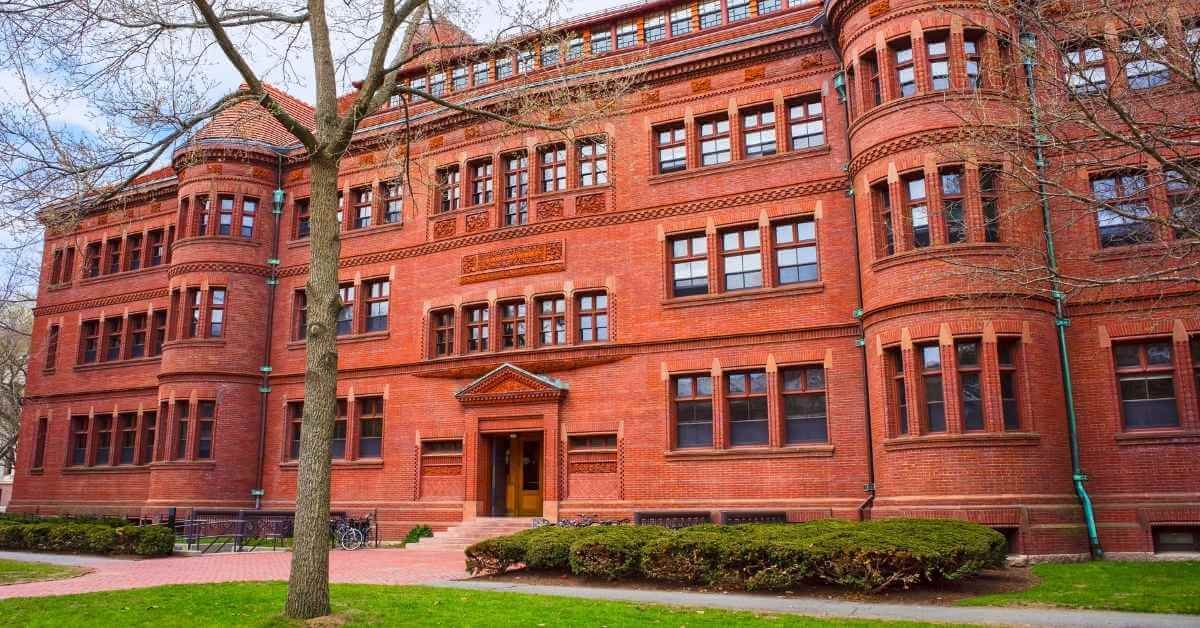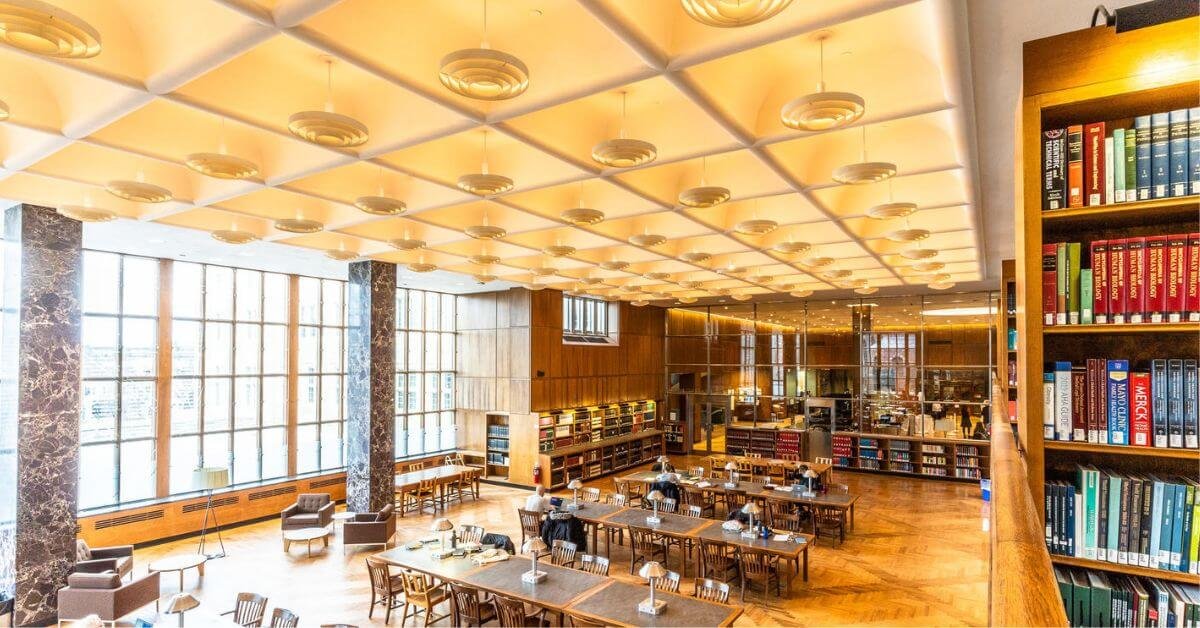Traditions and Myths of Princeton: What Makes the Campus Unique
Princeton University is one of the oldest and most prestigious universities in the United States, but beyond its academic prestige and Gothic architecture lies a culture full of fascinating traditions, quirky legends, and enduring myths that shape the student experience.
Whether you’re an incoming freshman, an alum feeling nostalgic, or simply someone intrigued by Ivy League culture, this guide uncovers the rich tapestry of stories, symbols, and rituals that make Princeton’s campus truly one of a kind.
1. FitzRandolph Gate: Enter Through It Only Twice
Perhaps the most iconic and widely known tradition at Princeton involves FitzRandolph Gate, the grand entrance to the university along Nassau Street.
The Tradition:
Students are told not to walk out the central gate until graduation, lest they risk never graduating at all. The gate is traditionally used only twice:
- When students enter as freshmen during Opening Exercises
- When they exit as graduates on Commencement Day
Many students take this superstition seriously and will walk around the gate or use the side openings throughout their time on campus.
2. Reunions and the P-rade
Princeton’s Reunions are world-famous. Each spring, thousands of alumni return to campus to celebrate their class anniversaries in a multi-day celebration of orange-and-black pride.
The P-rade:
A central feature of Reunions is the P-rade, a massive alumni parade that stretches through campus. Each class marches wearing creative costumes, class jackets, and vintage gear, accompanied by marching bands and cheering students.
It’s not just an event—it’s a rite of passage. Reunions are so beloved that some alumni attend every year, even decades after graduation.
3. Cane Spree: Tradition Meets Friendly Rivalry
Cane Spree dates back to the 1800s and is a traditional athletic competition between the freshman and sophomore classes. Originally a brawl over decorative canes, it has evolved into a formalized, friendly contest with games like tug-of-war, dodgeball, and relay races.
The event is now a bonding experience and a light-hearted way to introduce new students to Princeton’s tradition of class rivalries and community spirit.
4. The Clapper Theft and Nassau Hall Bell
In past decades, Princeton students were notorious for stealing the clapper from the bell in Nassau Hall—a rebellious act intended to prevent the bell from ringing on the first day of class. The clapper would often mysteriously reappear later in the semester.
Though the bell system has since been modernized, the story of the stolen clapper lives on as one of Princeton’s most mischievous legends.
5. Arch Sings: The Soundtrack of Princeton Nights
On Friday or Saturday nights, students walking through campus may stumble upon spontaneous performances under the stone arches of buildings like Blair Arch or East Pyne. These are known as Arch Sings—acapella groups performing late at night for anyone passing by.
It’s a magical, informal tradition that blends Princeton’s love for performance with its unique architectural acoustics.
6. The Senior Thesis: A Rite of Passage
At many universities, a senior project is optional. At Princeton, it’s a defining experience. Every student is required to complete a senior thesis—a major research or creative project guided by a faculty advisor.
From novel-length fiction to mathematical models and policy analyses, the thesis symbolizes intellectual independence and the culmination of four years of rigorous study.
This tradition fosters intense bonds between students and professors and often leads to publications, awards, or graduate opportunities.
7. The Honor Code
Princeton’s Honor Code dates back to 1893 and is one of the oldest in the nation. Under the code, students pledge not to cheat on exams, and faculty do not monitor students during tests.
Exams are self-proctored, and students often sign a written pledge at the end:
“I pledge my honor that I have not violated the Honor Code during this examination.”
This tradition reflects the deep culture of trust and integrity embedded in the student body.
8. “Going Bicker”: Eating Clubs and Their Mystique
The university doesn’t have traditional fraternities or sororities. Instead, upperclassmen often join one of Princeton’s 11 Eating Clubs—exclusive social and dining groups located along Prospect Avenue.
Some clubs require “Bicker,” a selective and sometimes intense interview process where students must demonstrate social fit and interest. Others are non-selective and known as “sign-in clubs.”
Each club has its own identity, history, and social culture. Bicker season is a uniquely Princetonian mix of tradition, mystery, and campus politics.
9. The Triangle Show: Comedy with a Legacy
The Princeton Triangle Club, founded in 1891, is the oldest touring collegiate musical-comedy troupe in the U.S. Their annual Triangle Show features original student-written plays filled with humor, music, and satire.
Alumni include actors like Jimmy Stewart and Brooke Shields, and the club’s traditions include elaborate cross-dressing performances, absurd sketches, and behind-the-scenes pranks.
10. The “Orange Key” Tours and Secret Spots
If you’ve ever visited Princeton, chances are you’ve taken a tour led by an Orange Key guide—a student trained to give colorful, historically rich tours of the campus. These guides not only recite the university’s milestones but also point out lesser-known quirks, such as:
- Hidden tigers carved into stone walls
- The “whispering wall” in the Engineering Quad
- The tunnel system allegedly connecting libraries and halls
Even students often discover new facts years into their studies.
11. Myths Passed Down Through Generations
Einstein’s Exam Story:
Legend has it that Albert Einstein, who lived in Princeton while working at the Institute for Advanced Study, once handed out the same exam two years in a row. When asked why, he replied:
“The questions are the same, but the answers have changed.”
While it may be apocryphal, the tale reflects Princeton’s evolving intellectual challenges and timeless pursuit of truth.
Firestone Library’s Hidden Levels:
Many students believe Firestone Library has secret underground levels not accessible to the public—allegedly for archives, rare books, or even bomb shelters. Though partially true (there are lower levels), the mystery adds intrigue to late-night study sessions.
12. Class Jackets and Yearly Colors
Every graduating class at Princeton is assigned a unique color and given class jackets (or “Beer Jackets”), emblazoned with a custom design that represents that class’s identity. Students wear them proudly at Reunions and major campus events, continuing a tradition that dates back to the late 19th century.
Final Thoughts
While Princeton is globally known for its Nobel laureates, groundbreaking research, and Ivy League prestige, what truly sets the university apart is its living, breathing campus culture—fueled by stories, symbols, and rituals that span generations.
From walking cautiously around FitzRandolph Gate to belting out songs under stone arches, Princeton’s traditions create a powerful sense of belonging and continuity. Whether rooted in fact or embellished over time, these customs give the campus its soul.
At Princeton, tradition isn’t just remembered—it’s lived.
📍 Want to explore more about Princeton University? Follow AllPrinceton.com for student life guides, academic resources, and campus culture stories.




Publicar comentário